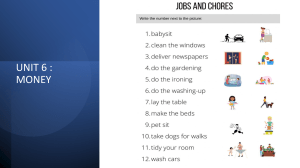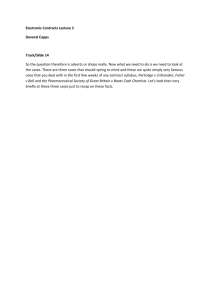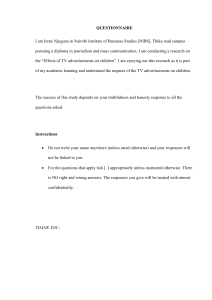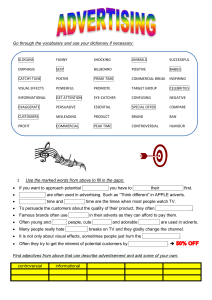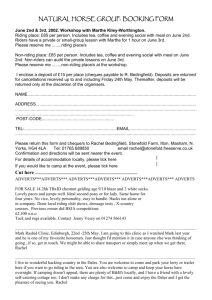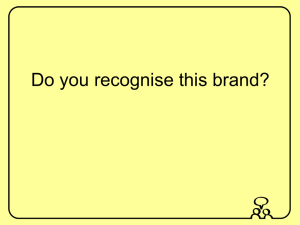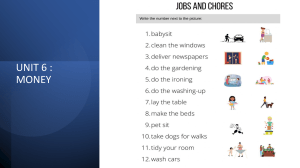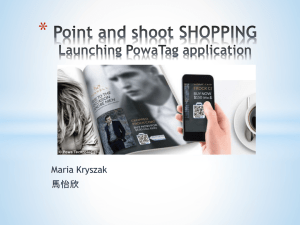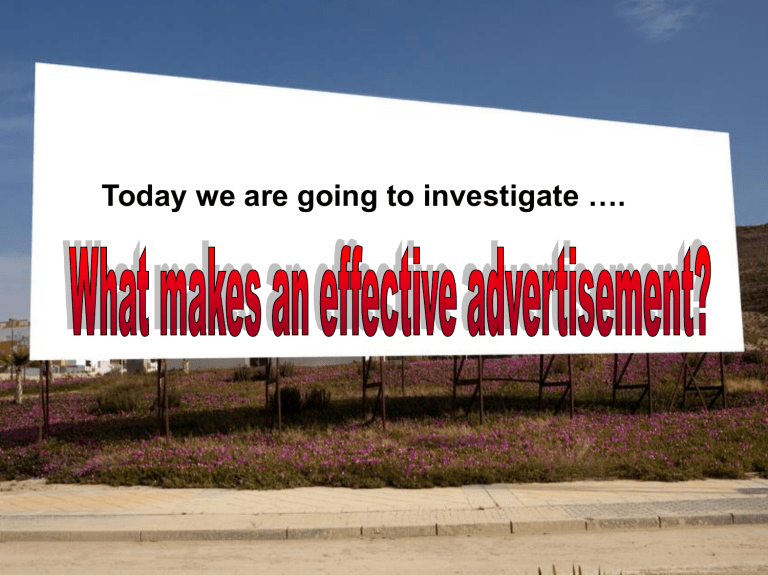
Today we are going to investigate …. What is the main reason for advertising? I think we can agree that the main reason for advertising is to the public to a certain product. Persuading and convincing someone to buy something is not as easy as it sounds. To produce an effective advert you have to have a hook and choose your vocabulary carefully. Effective adverts use positive words (a hook) that stand out and give the reader a good feeling about the product. They ignore any negatives. Can you give me positive words, or phrases, about the ice cream pictured on the man’s advert board. Effective adverts convince you that you must buy the product being advertised in order to improve your life ( a hook). They use words and phrases such as: Happier More attractive Healthier Good for you More successful Thinner Less stressed Smoother Many products have celebrity endorsements (a hook). Think about this for a moment and then I will ask two of you to share what you think a celebrity endorsement is. Well done! It is when celebrities say that they use an advertiser’s product. Advertisers want you to imagine yourself using the same product. This often results in people, who admire the celebrity, buying that product. Many effective adverts contain promises ( a hook) that make you to feel that you are unable to live without their product. Which words on the advert board make you feel that you need to own the bike being advertised? Effective adverts usually have eye catching and memorable pictures (hooks). Effective adverts may include special offers (hooks). Special offers may be: free products – “buy one get one free” vouchers - money off deals competitions discounts Effective adverts often use rhetorical questions. What do you think a rhetorical question is? Effective adverts often use rhetorical questions. What do you think a rhetorical question is? A rhetorical question is a question that is used for effect. It does not need to be answered. Why would an effective advert use rhetorical questions? Think about the answer for a minute and then I will ask two of you to share your ideas with the class. Well done! The advertisers want to get us thinking about products that we have not actually thought about buying, until the idea was skilfully put into our minds. Effective adverts often use BOSSY VERBS! These verbs tell us what we need to do to get the best out of the product being advertised. They also help to create a wonderful word picture of what the product offers. BOSSY VERBS Here are some BOSSY VERB`s used in a sentence to advertise a theme park. Product Information Successful adverts contain all the necessary information about the product and inform you where to find and buy the product. There is no use telling you how wonderful a product is if you do not know where to find it! Many of the best adverts have a catch phrase. Think for a moment and then I will ask two of you to share what you believe a catch phrase is. Well done! It is a phrase or expression vocally repeated to the extent that saying the phrase makes you think of the product. Effective adverts contain many of the following: • adverts use positive words, ignoring negatives • adverts aim to convince you that you need the advertised product • adverts often contain promises • adverts have BOSSY VERBS • adverts use rhetorical questions • adverts use eye catching, memorable pictures • adverts sometimes have catch phrases • adverts give product information • adverts tell where and when the product can be found • adverts may have a celebrity endorsement • adverts may make offers e.g. discounts, vouchers and competitions. This investigation has taught you that effective adverts need hooks and well chosen vocabulary. Now it is your turn to become an advertising executive! Improve/complete your advertisement for the product of your choice. Have fun and attempt to persuade the reader to buy your product using as many tricks of the trade as you can. Make sure you include eye-catching pictures. HOOK YOUR CUSTOMERS AND REEL THEM IN!
